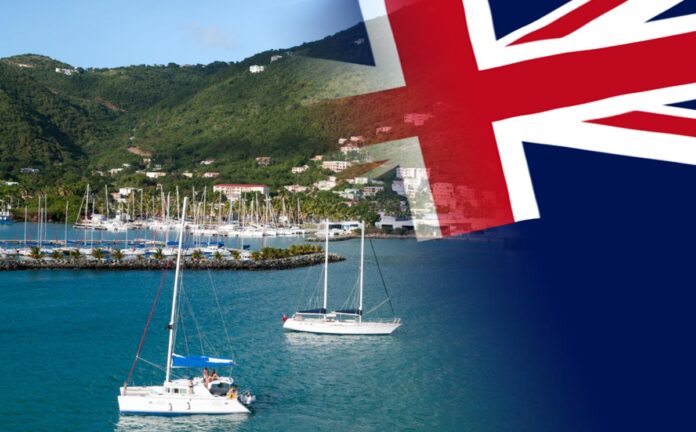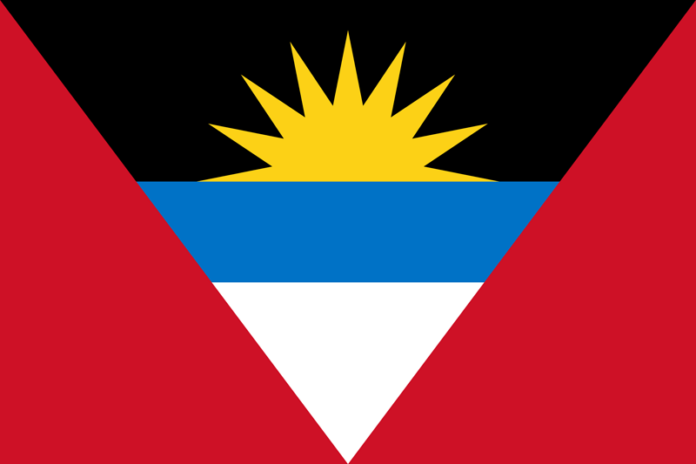Although offshore company formation is a legitimate means for entrepreneurs and investors to minimize tax, safeguard assets, and explore new markets, the jurisdictions offering it are no way two peas in a pod.
Hence, selecting the right countries for registering offshore companies is never easy.
In this overview of top offshore destinations, we’ll assess offshore nations based on their tax incentives, legal requirements, reputation, and stability, analyzing strengths, limitations, and key factors to consider in your decision-making process.
British Virgin Islands (BVI)

With 400,000 registered offshore companies, the British Virgin Islands (BVI) is a prominent offshore jurisdiction. BVI-incorporated companies pay no corporate, income, capital gains, and withholding taxes, as well as stamp duties. The BVI’s flexible company legislation accommodates various offshore entities, including IBCs, SPCs, and PTCs.
Strengths: An offshore BVI company requires only one shareholder and one director, who may be of any residence or nationality. No minimum capital or currency restrictions apply. Your company won’t have to file annual returns or financial statements. Neither audits nor public disclosure is necessary, ensuring high privacy and asset protection through strict confidentiality laws.
Limitations: Drawbacks include annual fees (USD 450 for IBCs, USD 1,200 for SPCs) payable to the government and registered agent. The BVI lacks double taxation agreements, exposing offshore companies to potential withholding taxes in the source country. Besides, its tax haven reputation may trigger skepticism from authorities and the public in the home country.
Cyprus

An EU member, Cyprus is an attractive offshore destination with a 12.5% corporate tax rate and over 60 DTAs to reduce withholding taxes on royalties, dividends, and interest.
The territorial tax system means offshore companies are taxed only on income from Cyprus sources, exempting foreign-sourced dividends, interest, royalties, and capital gains.
Strengths: In Cyprus, your company needs one shareholder and director and faces no minimum capital requirements or currency restrictions. It benefits from EU freedoms and tax advantages, including the Parent-Subsidiary Directive and Interest and Royalties Directive. Business activities and property ownership within Cyprus don’t call for any special licenses.
Limitations: Compliance means you’ll have to file annual returns and financial statements. A registered office and agent in Cyprus, along with demonstrating economic activity through local employees, directors, and bank accounts, are mandatory. Potential challenges encompass political and economic risks, stemming from financial crises and territorial conflicts with Turkey.
Bermuda
Bermuda, a British Overseas Territory in the North Atlantic, is a prominent offshore center for financial services, insurance, and reinsurance. It operates under a tax-exempt regime, exempting offshore companies from corporate, income, capital gains, withholding taxes, stamp duty, and exchange controls. With a sophisticated legal system based on English common law, Bermuda complies with international standards.
Strengths: Likewise, company formation requirements in Bermuda necessitate one shareholder and director, and no minimum capital or currency restrictions apply.
A Bermuda company may benefit from preferential trade agreements with the US, EU, and CARICOM states. Since the jurisdiction is considered part of the UK for tax purposes, Bermuda companies leverage the UK’s double taxation agreements.
Limitations: Exempted companies in Bermuda face an annual fee of USD 1,995. Licensing is mandatory for banking, insurance, trust, or mutual fund services. Given the absence of double taxation agreements, withholding taxes on income in the source country may potentially apply.
Antigua and Barbuda

Antigua and Barbuda, a twin-island nation in the Caribbean, is emerging as an offshore hub for e-commerce, gaming, and crypto businesses.
With its tax exemptions, the jurisdiction spares offshore companies from corporate, income, capital gains, withholding taxes, stamp duty, and exchange controls.
Company laws in Antigua and Barbuda allow for a variety of offshore entities, including IBCs, LLCs, and foundations.
Strengths: One shareholder and director is all it takes to set up a company in Antigua and Barbuda, and you’ll face no minimum capital or currency restrictions. With no annual returns, financial statements, or audit reports to file, Antigua and Barbuda companies enjoy high privacy and asset protection through strict confidentiality laws.
Limitations: Annual fees of USD 300 for IBCs and USD 500 for LLCs are obligatory. For specific e-commerce, gaming, or crypto services, licensing is a must. The potential for withholding taxes on income in the source country exists due to the absence of double taxation agreements.
Georgia
A former Soviet republic in the Caucasus, Georgia is a promising offshore destination for trade, manufacturing, and tourism. With a low 15% corporate tax rate and over 50 DTAs, it reduces or eliminates withholding taxes on dividends, interest, and royalties.
A territorial tax system guarantees that offshore companies pay tax only on Georgia-sourced income, exempting foreign-sourced dividends, interest, royalties, and capital gains.
Strengths: Georgian companies benefit from free trade agreements with the EU, China, Turkey, and CIS countries. In the case of Georgia, business activities and property ownership require no special licenses. A Georgia-incorporated company comes with a single shareholder and director and needs no minimum capital.
Limitations: Compliance requirements include filing annual returns and financial statements. A registered office and agent in Georgia are mandatory, along with demonstrating economic substance through local employees, directors, and bank accounts. Besides, political and economic risks arise from a territorial conflict with Russia and social unrest.
Panama

Bridging North and South America, Panama is a popular offshore hub for shipping, banking, and trade.
Operating under a tax-exempt regime, offshore companies in Panama avoid corporate, income, capital gains, withholding taxes, stamp duty, and exchange controls.
The jurisdiction’s company law accommodates various entities, including corporations, LLCs, and foundations.
Strengths: In Panama, you’ll need one shareholder and three directors for your company but no minimum capital. No currency restrictions apply either.You will have to file no annual returns, financial statements, audit reports or disclose any confidential data. Due to their strict confidentiality legislation, you’ll enjoy high privacy and reliable asset protection in Panama.
Limitations: Incorporating in Panama comes with a high annual fee (USD 300 for corporations, USD 250 for LLCs).It is challenging to obtain licenses for specific activities like banking, trust, or gaming services, and certain additional costs and regulations are involved.
The jurisdiction’s negative tax haven reputation may also become a stumbling block for some entrepreneurs.
To establish an offshore company in any of the above top offshore locations, contact International Wealth pros and enjoy the best possible outcome!







